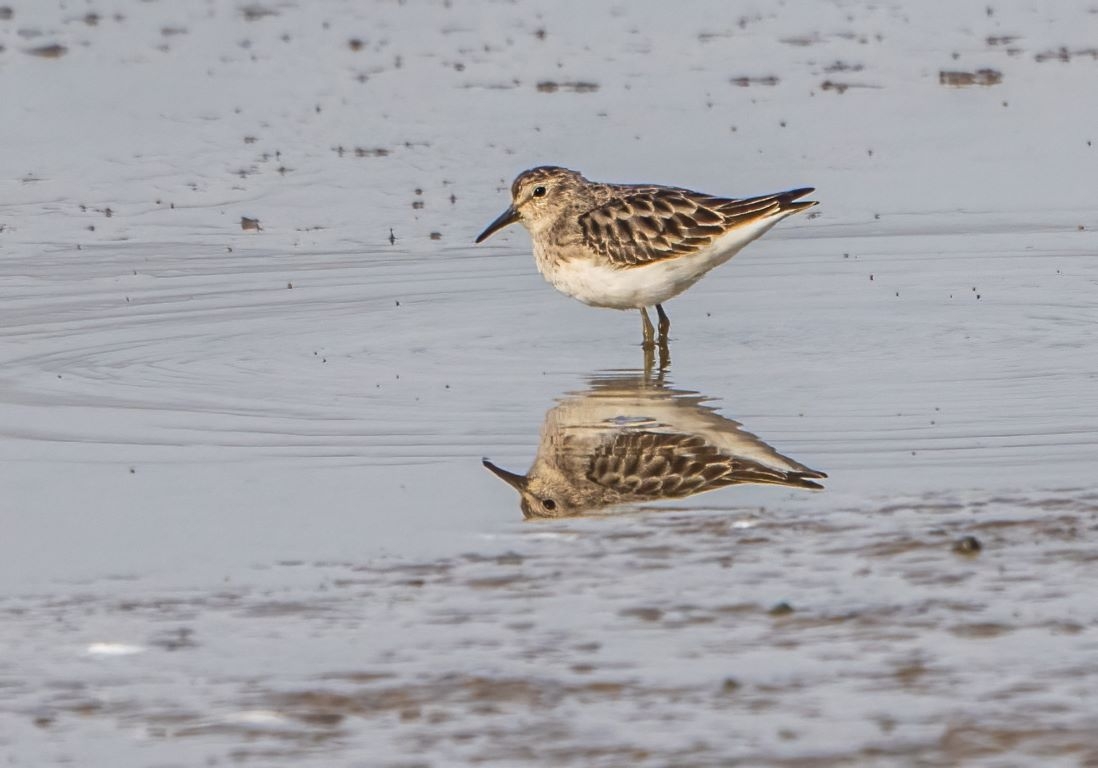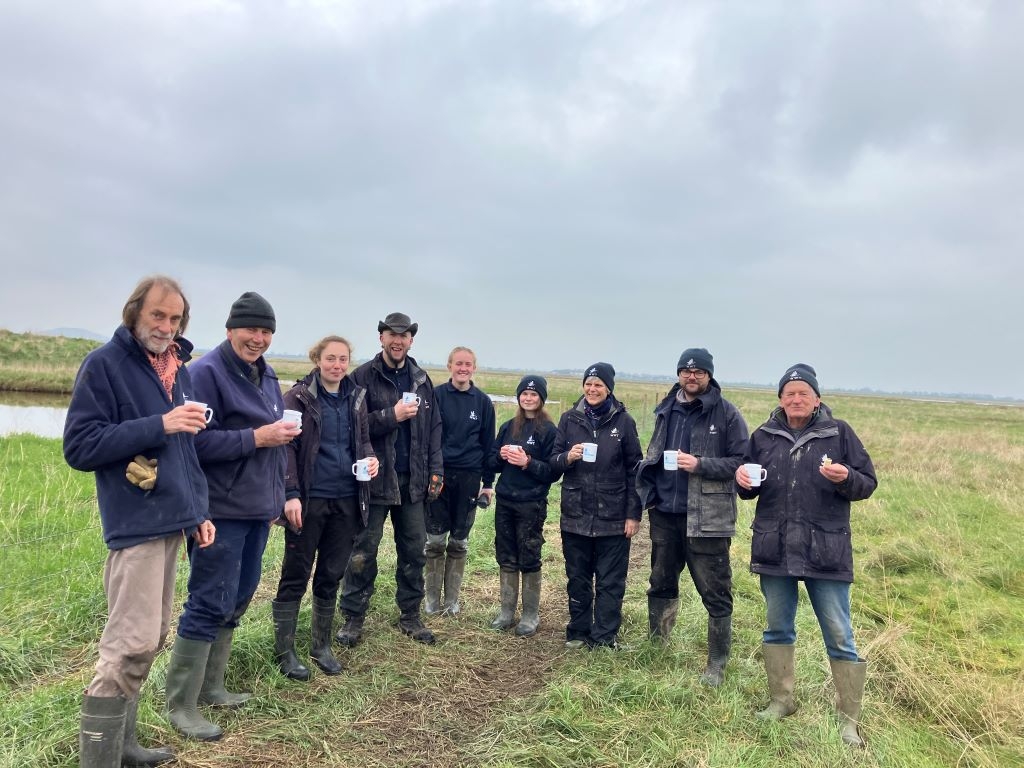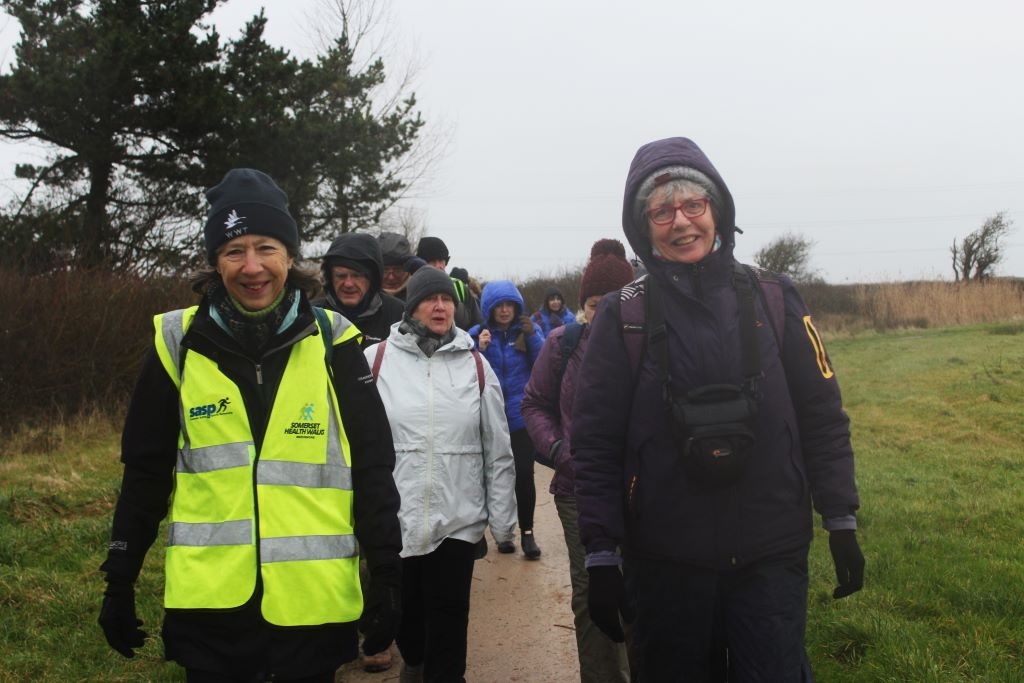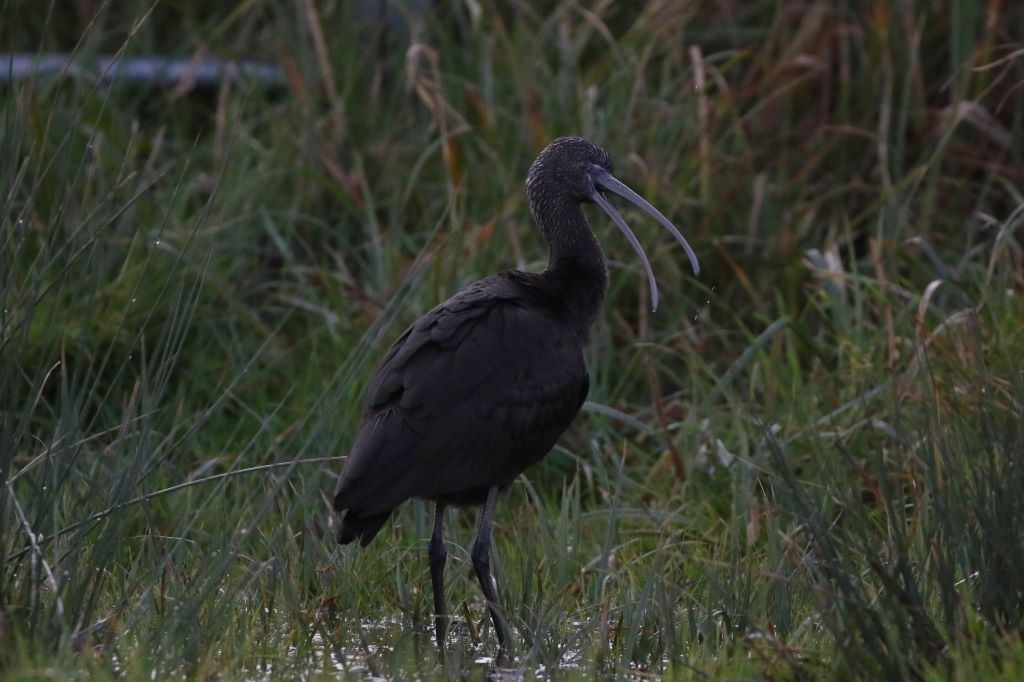Released Black-Tailed Godwit seen at WWT Steart Marshes
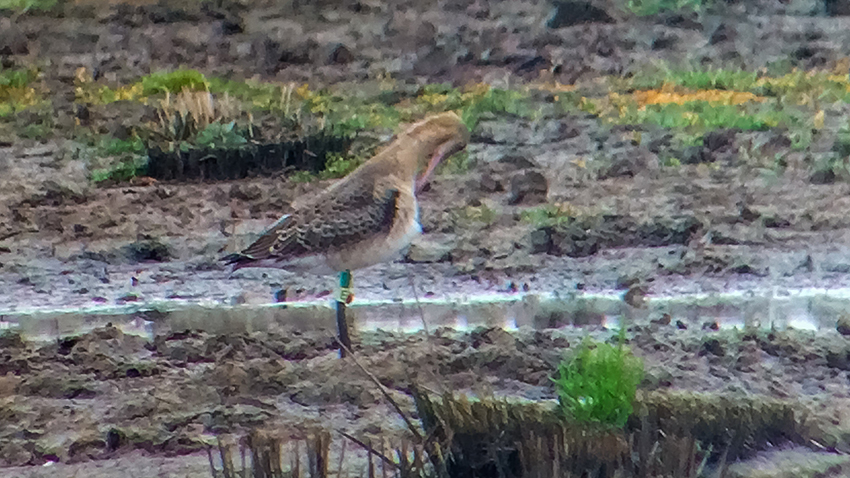
WWT have been working in partnership with the RSPB on a joint venture, entitled Project Godwit that aims to secure the future of black-tailed godwits in the UK. Black-tailed godwits are large wading birds and the UK is home to a small breeding population of around 60 pairs. The majority of this population is found at the Nene Washes, where 42 pairs were recorded in 2016.
In the autumn and winter, large numbers of black-tailed godwits make use of coastal and inland wetland sites in the UK. Most of these birds breed in Iceland but some make the journey across from continental Europe before heading south to Portugal and West Africa.
Because of their vulnerable population, these large wading birds are red-listed in the UK and possess Near Threatened status globally, meaning they are likely to be threatened with extinction if action is not taken.
The project has a number of key initiatives and more details can be found at;
https://projectgodwit.org.uk/project-godwit
One of these initiatives is called ‘headstarting’ which means giving godwits a helping hand during the particularly vulnerable incubation and rearing phases. Breeding black-tailed godwits produce four eggs each year, but even in a good year, not all survive to fledge (life isn’t easy for a young wader). Using artificial incubation and protecting the chicks during the rearing period, means that three to four chicks can be fledged from each nest. These birds are ringed and released onto carefully chosen sites with good breeding habitat.
This year’s headstarted chicks have all received a green colour ring above a lime colour ring with the black letter “E”, on the right leg, above the knee. Two additional colour rings on the left leg above the knee, complete the combination. Additionally, tiny tracking devices have been fitted to some of the black-tailed godwits to 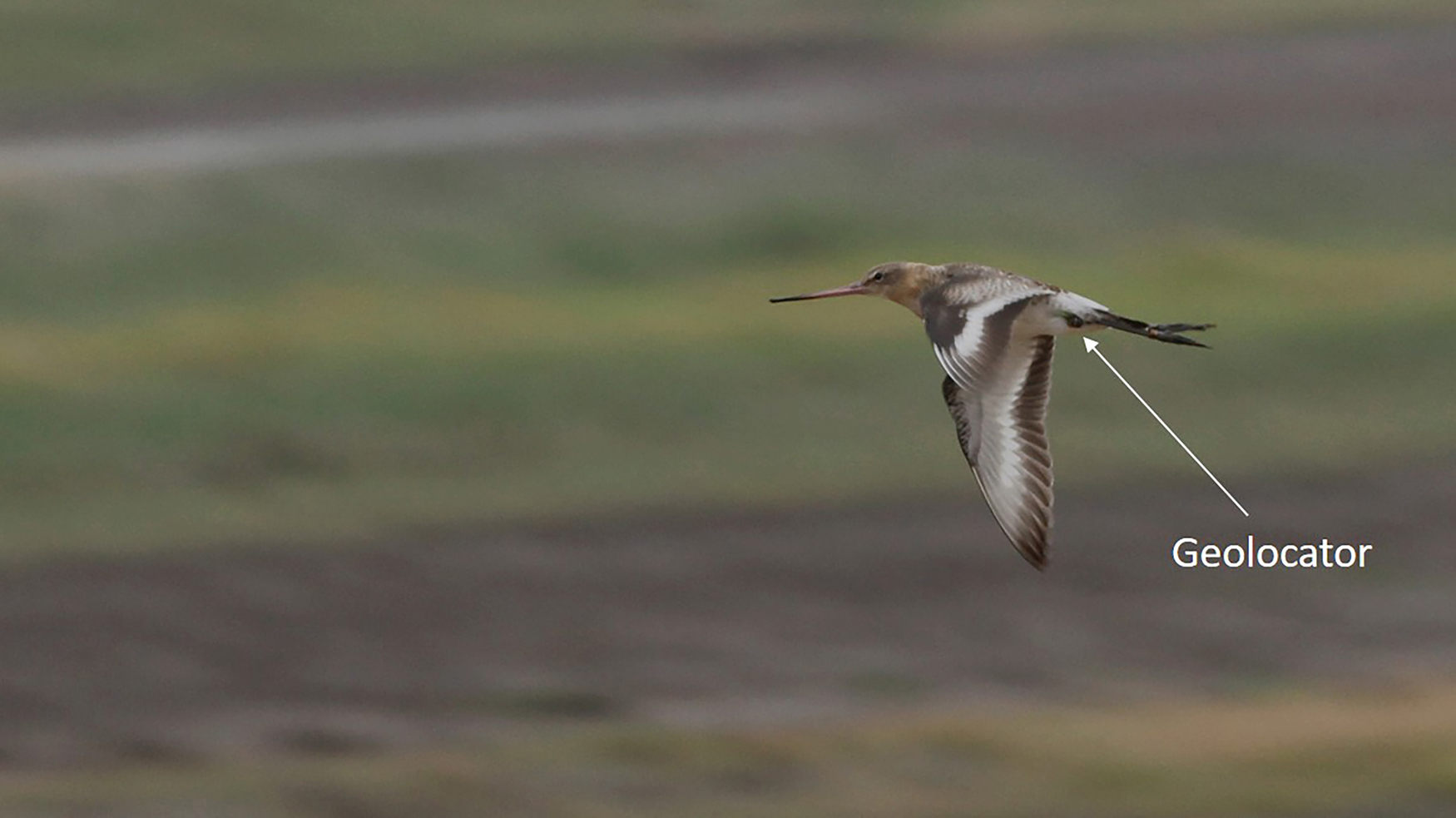
find out more about their movements in the non-breeding season. Small geolocators, weighing 1g, are attached to colour rings which are carefully fitted to the godwits legs. This week one of the male birds from the ‘class of 2017’ has turned up at WWT Steart Marshes. It is thought that the bird is heading south and it’s the first record (we believe) of one of the project birds being recorded in the South West.
It is not known how long this bird will hang around but we are hopeful of other released birds passing through the site. The project is appealing to bird watchers to help them keep track of the birds after their release. If you see a colour ringed black-tailed godwit and you think it is a Project Godwit bird, please let them know about it! You can report it to them on their sightings page.
https://projectgodwit.org.uk/get-involved/report-a-sighting/
Project Godwit receives major funding from the EU LIFE Nature Programme, HSBC 150th Anniversary Fund, Natural England and the Heritage Lottery Fund.
